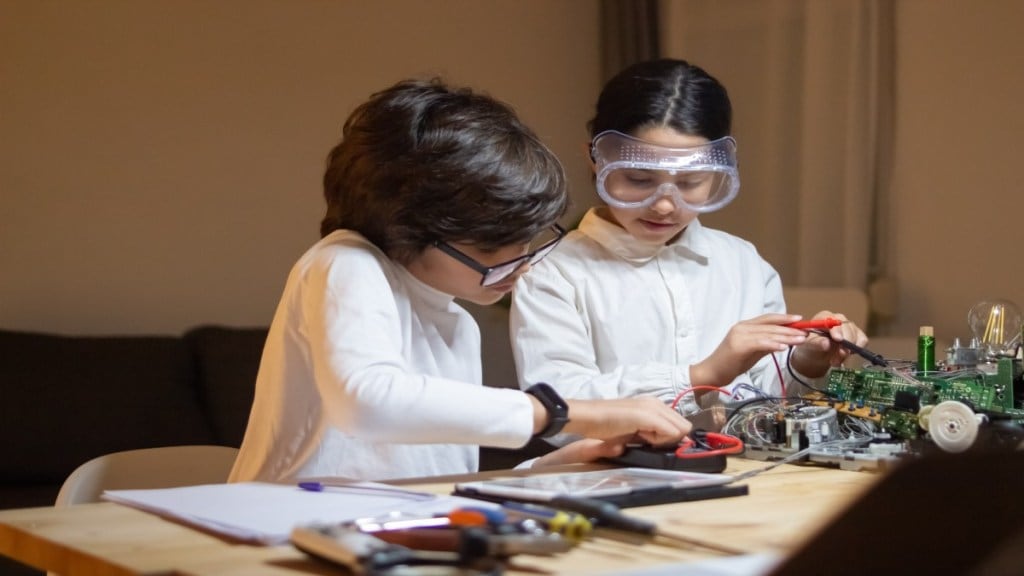By Aditi Misra
In our rapidly changing world, education holds immense significance. It serves as the bedrock upon which societies are built, shaping current perspectives and future beliefs. As we navigate this new era, it’s crucial to ponder: Can educational reforms contribute to a better world for generations to come?
Recognising the potency of educational reforms is paramount. These initiatives aim to rectify existing issues within educational systems, promote inclusivity and introduce innovative concepts that can profoundly impact our global community.
A primary objective of these reforms is to bridge the disparities prevalent in educational systems worldwide. Many children lack access to quality education due to financial constraints, societal barriers, or geographical limitations. Educational reforms strive to level the playing field, ensuring equal opportunities for all students irrespective of their backgrounds.
Furthermore, educational reforms endeavor to modernize pedagogical approaches to align with the demands of the 21st century. The conventional one-size-fits-all educational model is increasingly inadequate in light of rapid technological advancements and evolving societal needs. Embracing personalized learning, interdisciplinary studies, and digital literacy enables education to adapt to the changing landscape, empowering students with the requisite skills to thrive in a dynamic world.
Moreover, educational reforms play a pivotal role in fostering critical thinking, empathy, and global citizenship. In an era characterized by intricate challenges such as climate change, economic disparity, and political polarization, cultivating socially conscious individuals is imperative. By integrating values-based education and interdisciplinary learning, educational reforms nurture compassionate leaders committed to effecting positive change.
Additionally, educational reforms spur innovation and entrepreneurship, vital drivers of economic progress in our interconnected global economy. By instilling an entrepreneurial mindset and providing avenues for hands-on learning, these reforms unlock the potential of future innovators, propelling economic growth and prosperity.
However, realizing the full potential of educational reforms necessitates collective efforts from policymakers, educators, parents, and communities. Collaborative endeavors, innovation, and continuous improvement are essential. Governments can facilitate by investing in teacher training, curriculum enhancement, and infrastructure development. Similarly, parental and community engagement is crucial in fostering a conducive learning environment both at home and in society.
Educational reforms are indispensable for creating a brighter future for the next generation. By addressing inequities, embracing innovation, and fostering holistic learning, education can empower individuals to achieve their aspirations and contribute positively to society. As we embark on this transformative journey, let us remember that success extends beyond academic achievements; it encompasses the values we instill and the positive impact we create for posterity.
The author is the director principal of Delhi Public School, Sector 45.


